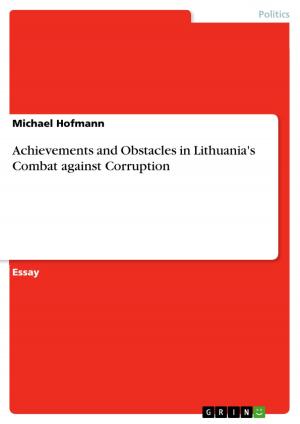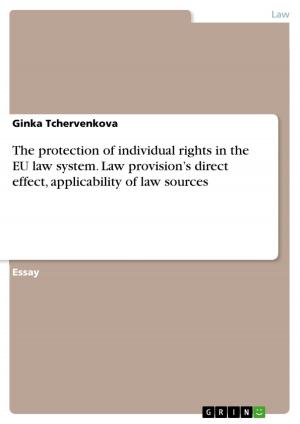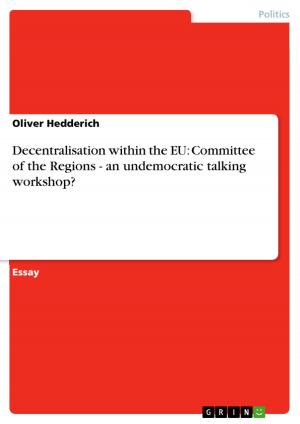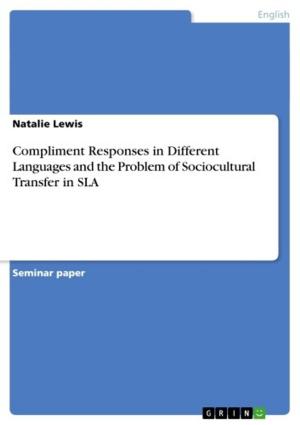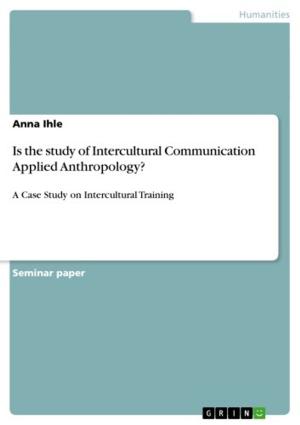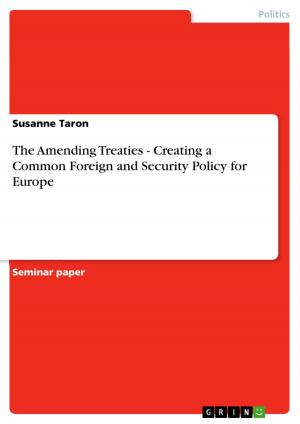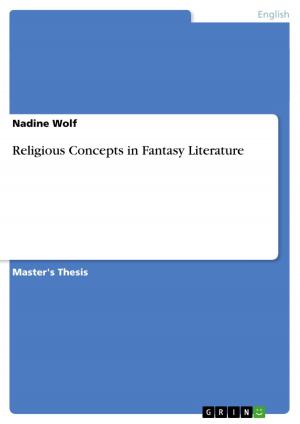British Asians. The diaspora's relationship with their new homeland
Nonfiction, Reference & Language, Study Aids, ESL, Foreign Languages| Author: | Marta Zapa?a-Kraj | ISBN: | 9783656887102 |
| Publisher: | GRIN Publishing | Publication: | January 30, 2015 |
| Imprint: | GRIN Publishing | Language: | English |
| Author: | Marta Zapa?a-Kraj |
| ISBN: | 9783656887102 |
| Publisher: | GRIN Publishing |
| Publication: | January 30, 2015 |
| Imprint: | GRIN Publishing |
| Language: | English |
Research Paper (postgraduate) from the year 2014 in the subject English Language and Literature Studies - Culture and Applied Geography, grade: 5.0, , language: English, abstract: Young Asians do not have language difficulties. This means that, as more Asian children grow up in Britain, there will be more chance to create friendships across ethnic boundaries, at least in theory. However, both Asian parents and young people still face hostility and sometimes discrimination from some sections of the white population, which discourages inter-ethnic friendships. There is a strong tendency to see South Asians in Britain but not as part of Britain. The representation of Asians in Britain continues to be refracted through a prism, which is unable to come to terms with the postcolonial nature of the South Asian presence. South Asian culture continues to be regarded as static, traditional or antimodern, patriarchal and authoritarian. This is in contrast to British/Western culture. Here, the most important obstacle is the idea of Western culture and values as being the norm and criterion in relation to which other cultures have to be positioned.
Research Paper (postgraduate) from the year 2014 in the subject English Language and Literature Studies - Culture and Applied Geography, grade: 5.0, , language: English, abstract: Young Asians do not have language difficulties. This means that, as more Asian children grow up in Britain, there will be more chance to create friendships across ethnic boundaries, at least in theory. However, both Asian parents and young people still face hostility and sometimes discrimination from some sections of the white population, which discourages inter-ethnic friendships. There is a strong tendency to see South Asians in Britain but not as part of Britain. The representation of Asians in Britain continues to be refracted through a prism, which is unable to come to terms with the postcolonial nature of the South Asian presence. South Asian culture continues to be regarded as static, traditional or antimodern, patriarchal and authoritarian. This is in contrast to British/Western culture. Here, the most important obstacle is the idea of Western culture and values as being the norm and criterion in relation to which other cultures have to be positioned.



